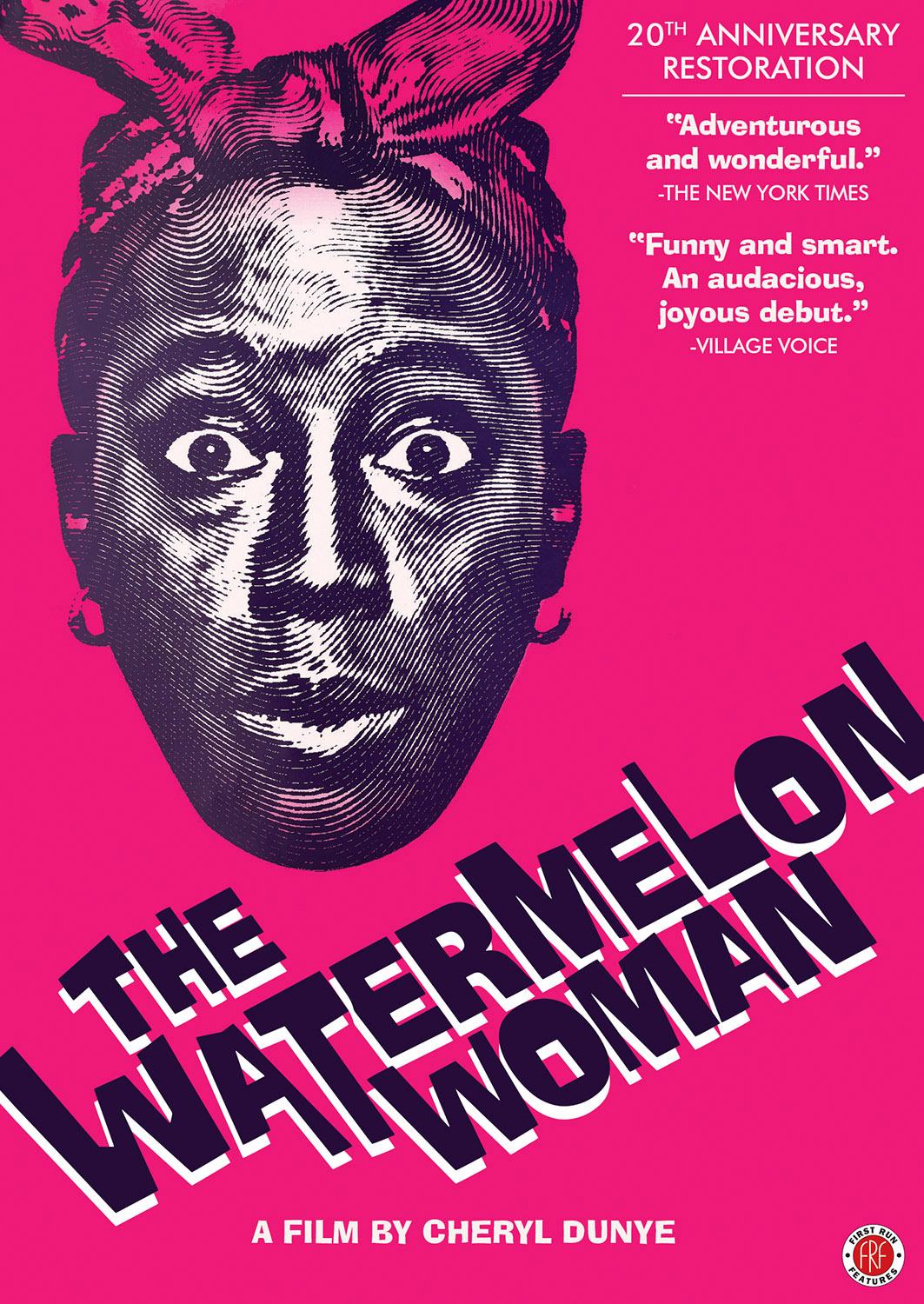Four Portraits – The Watermelon Woman [In-Person Only]
$13 General Admission
$10 Student/Child/Senior
$7 Member
⚠️ Public safety notice ⚠️
NWFF patrons will be required to double-mask while in the building. Disposable masks are available at the door for those who need them. To be admitted, patrons ages 5+ will also be required to present EITHER proof of COVID-19 vaccination OR a negative result from a COVID-19 test administered within the last 48 hours by an official testing facility. Boosters are strongly recommended, though not required for entry.
NWFF is adapting to evolving recommendations to protect the public from COVID-19. Read more about their policies regarding cleaning, masks, and capacity limitations here.
About
The Watermelon Woman is the story of Cheryl (played by writer-director Cheryl Dunye), a twenty-something Black lesbian struggling to make a documentary about Fae Richards, a beautiful and elusive 1930s Black film actress reductively credited as “The Watermelon Woman.” A landmark in Queer cinema, this film entered the Library of Congress’ National Film Registry in 2021.
** Co-presented with Sankofa Film Society. **
While uncovering the meaning of Fae Richards’ life, Cheryl experiences a total upheaval in her personal life. Her love affair with Diana, a beautiful white woman, and her interactions with the gay and Black communities, are subject to the comic yet biting criticism of her best friend Tamara. Meanwhile, each answer Cheryl discovers about the Watermelon Woman evokes a flurry of new questions about herself and her future.
(Cheryl Dunye, US, 1997, 85 min, in English)
Stills and partial synopsis courtesy of First Run Features.
“A landmark of New Queer Cinema and the first feature film directed by an African American lesbian. With biting humor and a sharp eye towards hidden histories, the film deftly captures the search for identity and how we, in turn, preserve and share history, from the stories told by ourselves, families, and communities, to those produced by Hollywood and culture writ large.“ – Interview Magazine
“Funny and smart, full of astute observations about identity and history, Cheryl Dunye’s audacious, joyous debut feature captures the process of falling hopelessly in love with the movies.“ – Village Voice
“As educational as it is about race and gender politics, The Watermelon Woman also carries itself with the charm and lifelike quality of a Linklater film.“ – Paste Magazine



Four Portraits: Films by African American Women Directors
This February, we present four cinematic portraits, written and directed by African American women directors. The stories told in the series – of a college professor, a queer filmmaker and historian, an aspiring pro basketball player, and a teenage girl coming of age in a Louisiana family thick with secrets and history – shout out the broadly different experiences of Black women living in the United States.
This palette of historically and artistically significant films – all but Love & Basketball were recently selected for preservation in the National Film Registry by the Library of Congress – are a salute to the past, present, and future of Black women in cinema.
Feb. 9 | Losing Ground (1982), the first dramatic feature directed by an African American woman since the 1920s. (NFR selection: 2020)
Feb. 10 | The Watermelon Woman (1996) (NFR selection: 2021)
Feb. 23 | Love & Basketball (2000), just added to the Criterion Collection in 2021.
Feb. 24 | Eve’s Bayou (1997) (NFR selection: 2018)

About Sankofa Film Society
Founded by Karen Toering and Jackie Moscou, former Artistic Director of Langston Hughes Performing Arts Institute, Sankofa Film Society continues Moscou and Toering’s advocacy of independent films by people of color and women filmmakers. Sankofa Film Society believes that those most impacted are the best caretakers of their own stories.
Sankofa Film Society is also the Seattle home for films from ARRAY, the independent distribution company founded by Ava DuVernay.
Look here first for provocative indie film and discussion, opportunities for membership, travel and a wide variety of ways to connect in community with melanin-rich films.